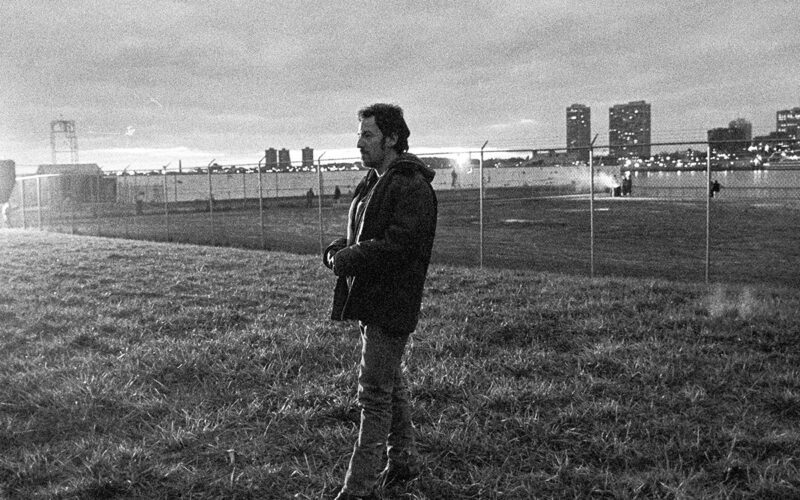There is a unique power within the work of Bruce Springsteen, a sense of hope and unity that permeates virtually all of his material, irrespective of the various different sounds ‘The Boss’ has embraced over the decades.
He built his sound on the tales of ordinary people and working-class communities, and even when the songwriter elevated himself to the global superstar he is today, he never lost sight of those original aims. It is perhaps one of the reasons why his work continues to provide a sense of hope and solidarity to millions of listeners all across the globe.
Even if you are not a die-hard Springsteen fanatic, you will have no doubt encountered his biggest triumphs, in the form of tracks like ‘Born to Run’, ‘Dancing in the Dark’, and, of course, ‘Born in the USA’ Each boasts a rousing, inspirational quality which dwarfs that of any other mainstream rock hits of the 1970s and 1980s, and therein lies the distinct appeal of Springsteen as a songwriter. Whether he is working on smash-hit rock singles or understated acoustic numbers, an aspirational, hopeful spirit always remains.
That is not to say, however, that every Springsteen track is the musical equivalent of a John Hughes flick where everything works out in the end; quite the opposite. Over the course of his extensive discography, ‘The Boss’ has also devoted a lot of time to crafting heartbreaking, emotionally moving efforts, often with a certain sense of melancholy. Even in a track as iconic as ‘The River’, for instance, there is a certain tragedy in the tale being told by Springsteen.
Inarguably, the songwriter’s most emotive album is 1982’s Nebraska, a stripped-back masterpiece centred solely on Springsteen and a four-track recorder. The album’s title track, in particular, is a dark, moody, and fairly morbid effort which doesn’t seem to track with his previous efforts, or, indeed, anything he has created since.
Telling the narrative of a spree killer who is sentenced to death by the electric chair, ‘Nebraska’ is certainly a stark contrast to the hopeful optimism of a song like ‘Born to Run’.
So, what about that famous Springsteen sense of hope? The songwriter was once asked about that topic and whether he deliberately attempts to instil in his work that sense of optimism. “As a rule, yeah,” he initially responded, before reconsidering, “But then a song like ‘Nebraska’, I don’t know what hope you can take from it, except maybe that someone’s still around to tell the story.”
‘Nebraska’, in all its moody melancholy, could easily be identified as a narrative lacking any sense of hope, on a surface level. The appeal of the song lies within what it means to the listeners themselves. Springsteen is an artist who has become a continued voice of comfort and hope for so many people, and even though ‘Nebraska’ isn’t quite as rousing in its content as some of his other efforts, there is still some light in the song’s delivery and message.
Take the final line, “Well, sir, I guess there’s just a meanness in this world”. At an initial glance, a very bleak lyric and a stunning indictment of the modern world from Springsteen. You could argue, however, that the very fact that the songwriter has identified that meanness, pessimism and lack of hope ultimately gives rise to a sense that things can change for the better.
Even in the darkest moments of Springsteen’s work, he is still capable of instilling a certain sense of hope, such is the unique power of his songwriting mastery.






